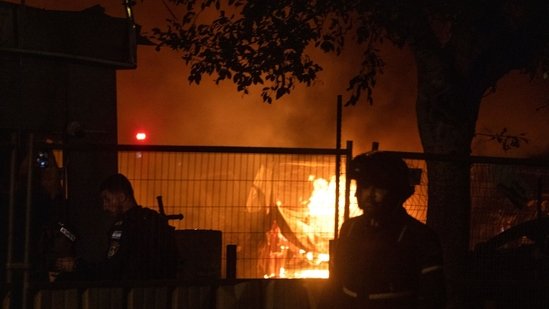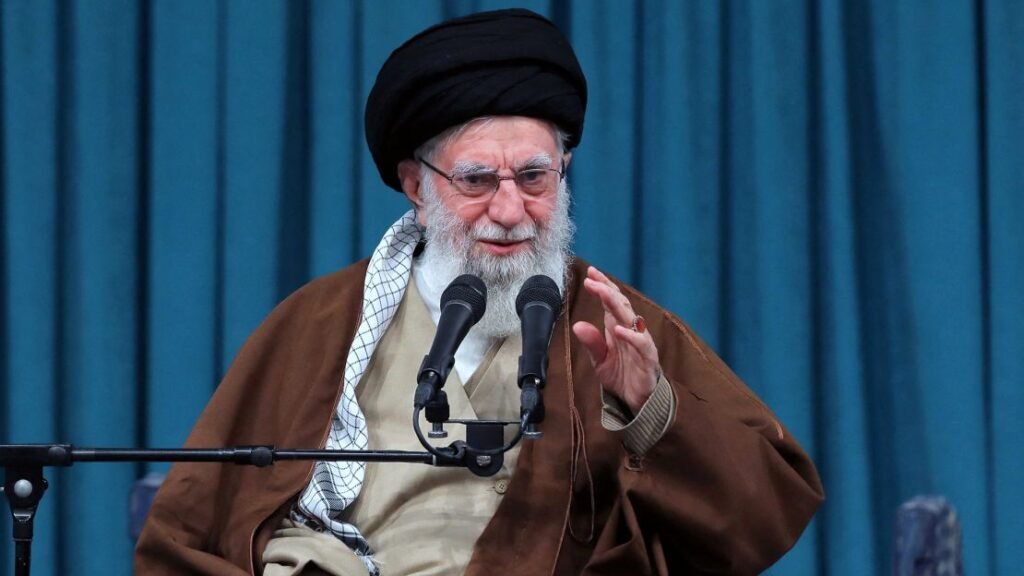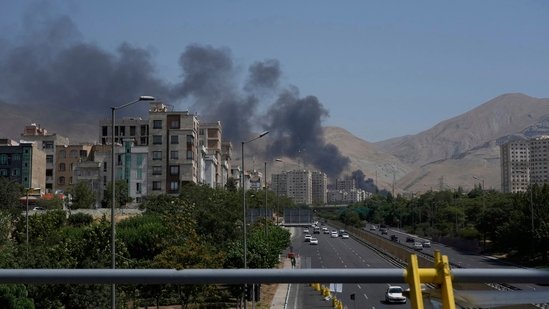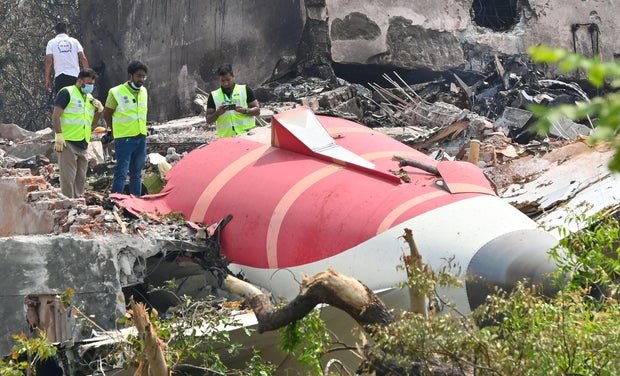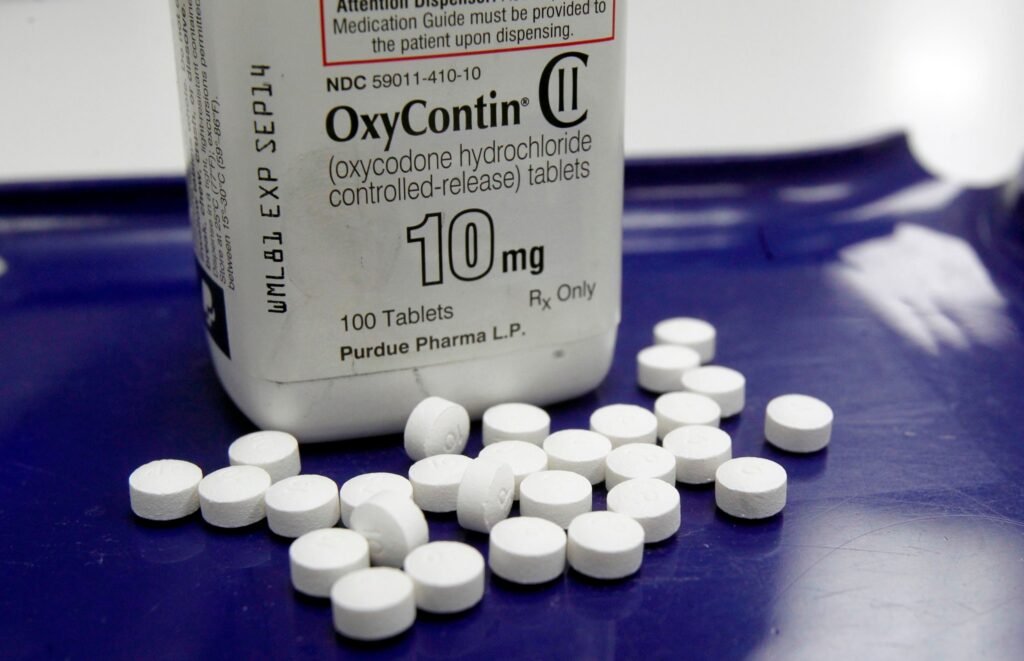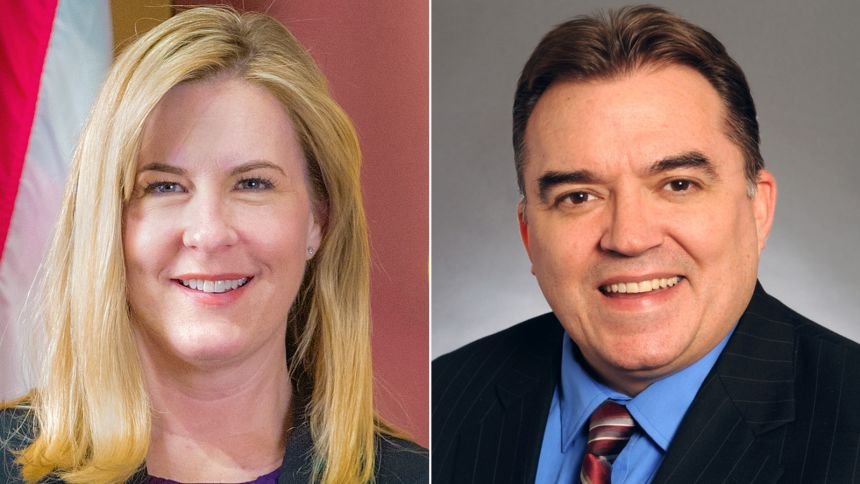One after another, blockbuster Chinese listings are coming to Hong Kong. In May Hengrui Pharmaceuticals, a drug manufacturer, and CATL , a battery-maker, sold $5.3bn-worth of shares between them. Seres, which makes electric vehicles, hopes to raise $2bn in the coming weeks. Shein, a fast-fashion firm, may abandon plans for an offering in London for one in Hong Kong. All told, in April more than 130 applications were under consideration by the local exchange, up from fewer than 60 at the start of 2024. On current trends, the city will be the world’s largest venue for stock debuts this year.

For Chinese firms, this is an exciting but incomplete turnaround. Although their country is in the midst of a tech boom, last year they raised just $20bn in IPOs at home and abroad. Only twice in the past two decades have public share sales yielded so little. Although $9.8bn has been raised in Hong Kong so far this year, only $3.9bn has been drummed up on the mainland. Stock exchanges in Shanghai and Shenzhen are “barely functioning” as a destination for IPOs, says a banker. And not all Chinese companies will be able to go public in Hong Kong, either because of political constraints or because they are insufficiently prominent. A healthy domestic market is crucial to China’s tech future.
Reviving Hong Kong is a welcome start. The covid-19 pandemic and China’s sluggish economic growth caused stock valuations to plummet in 2021; they stayed low well into 2024. That made new listings unappealing to firms, investors and regulators. Companies such as Hengrui and CATL, already listed on mainland exchanges, had been exploring Hong Kong, but permission from the China Securities Regulatory Commission (CSRC) proved hard to obtain. The watchdog feared secondary listings in a depressed Hong Kong would drag down valuations in China.
Rising tensions with America then provided another barrier. The Biden administration’s restrictions on American investment in Chinese companies working on sensitive technologies, such as semiconductors or artificial intelligence, made the country’s tech firms seem like risky bets.
Since September, when Chinese officials became more serious about tackling the country’s economic woes, investment has begun to trickle back. In January a mini tech-boom inspired by the progress of DeepSeek, an AI startup, added to the optimism. With the Hang Seng China Enterprise Index, which tracks Chinese companies in Hong Kong, now 50% higher than at the start of 2024, official opposition to secondary listings has weakened. Bankers report that approvals from Beijing have flowed more freely in the past six months.
Hong Kong has even found simple ways around America’s tech-investment rules. Bankers working on IPOs now massage the language in sales materials. Horizon Robotics, which went public in October, was a test case. The autonomous-driving firm also designs semiconductors and develops its own AI models. But such words were mysteriously absent from the description of its business in the share prospectus. These sorts of changes, bankers say, make investors less wary.
Could a restart on the mainland follow? Exchanges in Shanghai and Shenzhen have deep-rooted problems that lead to over-exuberance followed by languor. In 2022 Chinese IPOs raised a record, world-topping $81bn. That reflected a central-government plan which encouraged tech firms, especially in favoured fields such as chipmaking, to list within the country. Leaders’ enthusiasm then waned in 2023 as stocks tumbled. They focused instead on liquidity in existing listings, fearing new offerings might reduce it and drive down valuations. In 2024 only 100 firms went public, the fewest for at least a decade.
Mainland IPOs are still in a funk, with regulators more sensitive than ever about the performance of the leading stockmarket indices. The CSRC is said to have a lower bound of 3,300 points for the Shanghai Composite. To preserve liquidity, entire sectors, including the cosmetics and spirits industries, have been unofficially banned from listing. Only firms in critical tech industries are allowed to apply. As few as ten applications may be under review.
Instead of focusing on IPOs, the CSRC is pushing through long-term reforms it hopes will stabilise share prices, such as making state-owned companies more accountable to shareholders. If market prices remain stable, more companies will gradually be allowed to go public. The CSRC has recently started contacting local regulators to spread the message that “the market is not closed”, an insider says. But because preparing an offering in China takes 12-18 months, a healthy flow of local share sales may start in earnest only in 2026, even if companies apply in droves.
For firms thirsty for funds, that is a long wait. Hong Kong will not suit them all. Seres, the EV-maker, is backed by Huawei, a telecoms-equipment giant and perhaps the main target of American sanctions. Its prospectus will be another test of investors’ risk appetite and bankers’ creative-writing skills. The CSRC’s growing control over IPOs in Hong Kong is another cause for worry. And though China’s economy is showing signs of improvement, growth may worsen as the trade war begins to hurt. That could harm valuations—and again make IPO approvals harder to obtain.

